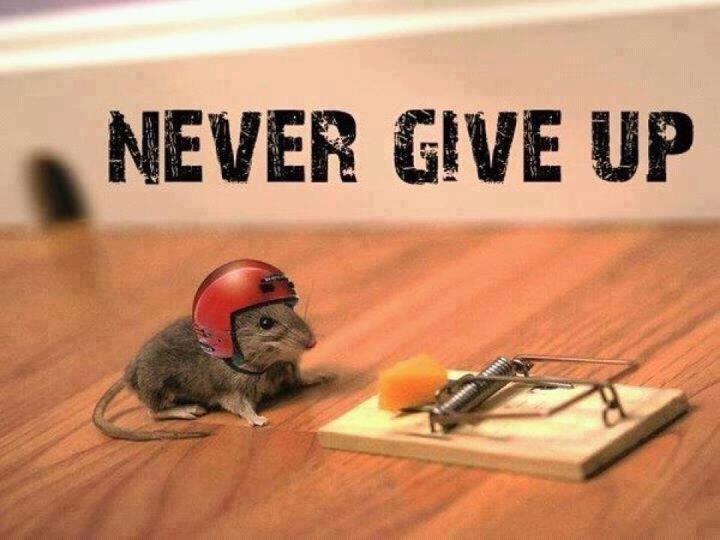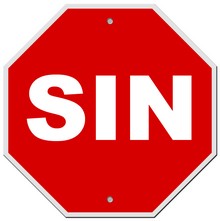Top 4 Ways to Teach Your Kids How to...
Knowing how to pray is probably one of the most essential tools that a Jew needs to live his life in a meaningful way. It is through prayer that we connect...
Sep 15, 2016
By Adina Soclof

Make Judgement Day Powerful: 6 Real-Life Lessons From Trips...
The parallels are strikingly evident.
Sep 13, 2012
By Rabbi Efrem Goldberg

No, Really, How Does Teshuva Work?
Can we really change the past? (Is it magic?)
Sep 13, 2012
By Rabbi Eliyahu Fink

Circles of Change
This article first appeared in The Jewish Press on September 27, 2011 and has been reprinted with permission. It was the kind of event I attend frequently these days, and I...
Oct 2, 2011
By Rabbi Dr. Tzvi Hersh Weinreb

What I Truly Desire
Aseret Yimei Teshuva (10 Ten Days of Atonement) is a time for deep reflection and personal inventory individually and collectively, of our past deeds, misdeeds and omissions. It is a time...
Oct 2, 2011
By Sherrie B. Miller

Vayelech: Never Give Up!
It’s a scary familiar term – one that we invoke to assess the unexplainable and capture the unimaginable. The phrase? Hester Panim and it means that God hides His face from...
Sep 10, 2009
By Rabbi Asher Brander

Mortal Sin or Mortal Chet?
It’s pretty instructive to note that the English word sin derives from the Proto-Indo-European word fragment, es, meaning to be. The Christian notion linking sin with our very essence as human...
Sep 20, 2006
By Debra B. Darvick
Discover More
- Anti-Semitism
- Around the OU
- Arts & Media
- Aseret Yemei Teshuvah
- Chanukah
- Community
- Convention
- Cooking
- Dating
- Divorce
- Education
- Fast of Asarah B'Tevet
- Fast of Esther
- Fast of Gedaliah
- Fast of Shiva Assar B'Taamuz
- Fast of Tisha B'Av
- Food
- Giveaways
- Growth
- Health
- History
- Holidays
- Holocaust
- Inspiration
- Israel
- Kosher
- Lag BaOmer
- Marriage
- Meet the OU
- Mental Health
- Money
- News
- News & Op-Ed
- Obituary
- Other
- Parenting
- Pesach
- Physical Health
- Pregnancy
- Purim & 4 Parshiyot
- Recipes
- Relationships
- Rosh Chodesh
- Rosh Hashanah
- Sefirat HaOmer
- Shavuot
- Shemini Atzeret/Simchat Torah
- Sukkot
- Technology
- thank you pages
- The 3 Weeks
- Torah
- Travel
- Tribute
- Tu B'Av
- Tu B'Shevat
- Yamim Noraim
- Yom Ha'atzmaut
- Yom HaShoah
- Yom HaZikaron
- Yom Kippur
- Yom Yerushalayim
Subscribe To The OU’s Shabbat Shalom Weekly Newsletter
Weekly email newsletter filled with articles, Divrei Torah, upcoming events and more! Sign up today.


